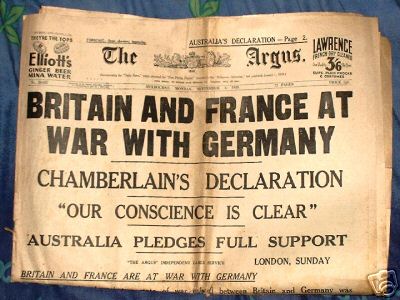Yesterday was, essentially, a boring drive.
What does that mean? Not much but I had a chance to ponder things, large and small, as I rolled down the asphalt and concrete.
Two things came to mind. The first was about sex and the second was about intelligence.
My epiphany about sex was intriguing. I think, first of all, that sex is a primal urge. It is at the core of who we are. It is the main component of the survival instinct on a species level and, therefore, permeates all levels of all cultures in some way. Keeping this in mind, I came up with this...
Our first truly sexual encounter with another person sets the basis for all future ones. Perhaps it is that which we seek to re-create in all future sexual interactions either to re-capture it or to set it right. If true, this may be at the heart of our cultural taboos about sex
before marriage that are common to most cultures. Also, perhaps, why there are a number of transitions to adulthood rituals involving the first sexual encounter.
The thoughts on intelligence had to do with what it is. Why are some people more intelligent than others? There appears to be a genetic component and there appears to be a nutritional component. It is said that we can improve intelligence of our children by reading to them when they are toddlers. I think that differences in intelligence are narrower than commonly accepted.
What I mused about yesterday was the role memory plays in intelligence. I think it is key. I also think we can all, barring physical brain damage, improve the ability to use our memories. Think of the brain as a giant file cabinet. How we file memories helps us retrieve them, just as how we sort files in our office file cabinets. As we lose our ability to retrieve memories specific or tangential to an issue or problem at hand, the dumber we feel. And, maybe, the dumber we
are.Perhaps more on these things tomorrow... if I remember.
Please forgive all typos and other errors, it is difficult for me to deal with a laptop keyboard.








